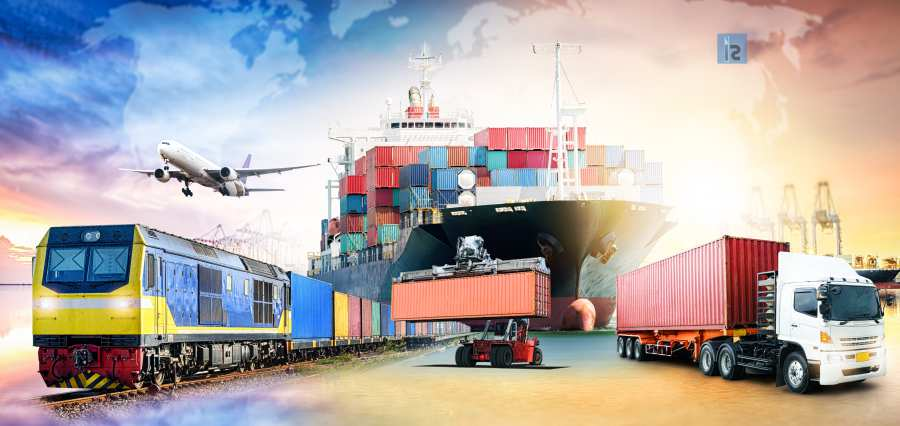Logistics encompasses the end-to-end movement and storage of goods across complex global supply chains, from raw materials to finished products. An optimized logistics ecosystem is imperative for businesses and economies to operate efficiently. The freight sector, in particular, has been the backbone spurring innovations that have shaped modern, technology-driven logistics and supply chain practices.
Understanding Freight Transportation
Freight transport entails physically moving cargo and goods over land, air, or sea. It enables the timely and cost-effective transfer of materials, components, and products from one location to another. Key modes of freight transportation include:
â— Road freight: Trucking is the predominant mode for domestic freight movements. Fleets of container trucks transport goods over highways and roads.
â— Rail freight: Rail networks transport heavy bulk cargo and large volumes over long distances. Intermodal rail combines with road transport.
â— Air freight: Air cargo is used for urgent shipments and valuable, perishable, or time-sensitive goods.
â— Ocean freight: Maritime shipping carries the majority of international trade volumes on containerships, tankers, and dry bulk carriers.
Freight forwarders, third-party logistics firms, couriers, and transportation brokers arrange the end-to-end shipment of client goods using appropriate modes and routes.
Integrating technologies like GPS, RFID sensors, IoT platforms, and data analytics has enhanced freight operations efficiency- from route planning to real-time shipment tracking.
Drivers: How Freight Has Propelled Logistics Development
The freight sector has been the main catalyst driving innovation in the logistics landscape. Let us look at some key advancements led by freight that have transformed modern supply chain capabilities:
Interconnectivity Across Regions
The freight industry has been crucial in enabling a globally interconnected transportation network. Multimodal transport combining truck, rail, air, and ocean shipping has created seamless freight connectivity spanning geographical boundaries and vast distances. This has expanded logistics reach and flexibility for businesses.
Operational Optimization
Freight operators leverage advanced analytics, automation, sensors, and digital platforms to optimize network flows.
Route optimization algorithms, load planning software, and inventory optimization systems have boosted productivity, increased asset utilization, and reduced freight costs.
Agility Across Supply Chains
Real-time freight tracking and data-driven coordination with logistics partners have brought unprecedented visibility across global supply chain flows.
This enables agile responses to unpredictable disruptions, delays, or shifting customer demands - creating resilient supply networks.
Just-in-Time Logistics
Sophisticated optimization of freight assets and multimodal networks has enabled precise, on-time deliveries of components and raw materials. This has fueled lean and waste-efficient just-in-time logistics for manufacturers. Speed, reliability, and visibility are crucial for JIT to work.
Future Possibilities
Emerging technologies are opening up new possibilities within logistics. Autonomous trucks, drones, robotics, and wearables can transform warehouse and last-mile operations.
Blockchain, the Internet of Things, and artificial intelligence have immense potential to add security, transparency, and intelligence across freight processes.
The Road Ahead
As global supply chains get more complex, the freight industry will continue trailblazing innovations to build smarter, optimized, and sustainable logistics ecosystems.Â
Key priorities will include integrating new technologies, enhancing end-to-end visibility and coordination, optimizing multimodal transport, and balancing efficiency with flexibility. Players who embrace change will gain a competitive edge.Â
The freight sector will remain the driving force spearheading logistics advancement. Especially online transport service platforms will be key in optimizing supply chains through digitalization and interconnectedness.



